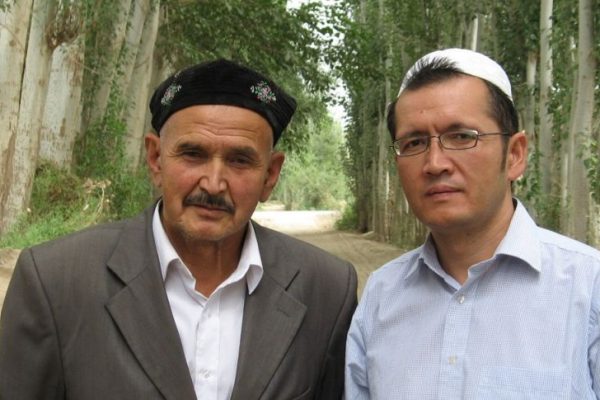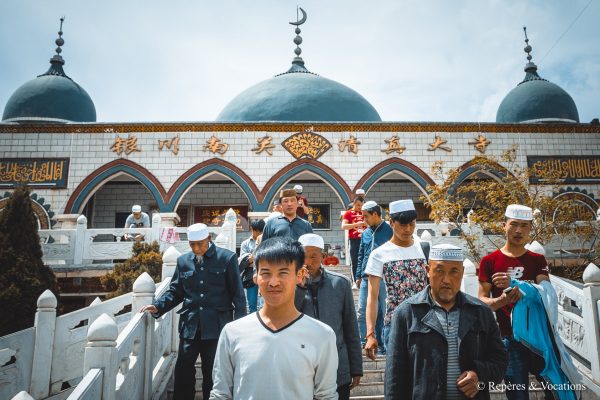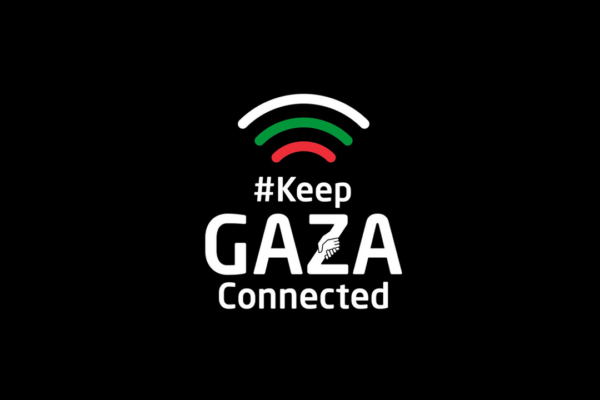“As a [Jewish] community, we are always extremely hesitant to consider comparisons with the Holocaust…However, there were similarities between what is reported to be happening in China and what happened in Nazi Germany in the 1930s and 40s.”
Holocaust Memorial Day: A Stark Reminder of the On-Going Genocides of Uyghur and Rohingya Muslims
“As a [Jewish] community, we are always extremely hesitant to consider comparisons with the Holocaust…However, there were similarities between what is reported to be happening in China and what happened in Nazi Germany in the 1930s and 40s.”
Wednesday the 27th of January marks Holocaust Memorial Day to remember the 6 million people who were brutally murdered during the Holocaust under Nazi Persecution. It is also a day to remember the genocides that followed in Cambodia, Rwanda, Bosnia, and Darfur.
The Holocaust happened during the Second World War between 1941 and 1945. On the 27th of January 1945, soldiers fighting against the Germans took over the largest Nazi concentration camp called Auschwitz-Birkenau and freed prisoners who were still alive.
The 76th anniversary of the liberation of the Auschwitz-Birkenau death camp was commemorated online today due to the coronavirus pandemic. It is the first time that survivors were not able to gather in person at the memorial site of their suffering. The Auschwitz museum held a virtual event focussing on the fate of the 200,000 children who were murdered at the Nazi death camp. There was also a special parliamentary session in Germany.
Other subsequent genocides that have been recognised by the Holocaust Memorial Day Trust is the modern-day genocides of Uyghur Muslims in China and Rohingya Muslims in Myanmar. China is currently detaining millions of Muslims in 380 ‘re-education camps.’ They are facing starvation, murder, rape, slave labour, forced organ extraction, and forced sterilisation. In addition to the already horrifying indignity of forcing Uyghur and other ethnic minority Muslims to eat pork, Chinese authorities reportedly forced them to eat this on Fridays, the holy day of the week for Muslims.
On August 25th, 2017, 750,000 Rohingya Muslims fled violent persecution from Myanmar into Bangladesh. The systematic campaign involved mass rape, murder, and burning down people’s homes. In a report released in August 2019, the U.N. Independent International Fact-Finding Mission on Myanmar stated the use of widespread and severe sexual violence inflicted upon Rohingya Muslims by Myanmar’s troops demonstrated genocidal intent. It found Myanmar’s “soldiers routinely and systematically employed rape, gang rape and other violent and forced sexual acts against women, girls, boys, men and transgender people in blatant violation of international human rights law.” The UN report was based on interviews with survivors and witnesses of the brutal military-led violent crackdown in Rakhine, Kachin and Shan states.
HDMT has stated whilst they do not “make a judgment on which situations meet the legal definition of the crime of genocide, we are committed to raising awareness of situations where people are persecuted based on their identity.”
In a move of solidarity, rabbis, community leaders, and Holocaust survivors are urging the UK government to condemn China’s brutal treatment of the Uyghur Muslims. In a recent letter to the Prime Minister, Marie van der Zyl, president of the Board of Deputies of British Jews, said:
As a community, we are always extremely hesitant to consider comparisons with the Holocaust…However, there were similarities between what is reported to be happening in China and what happened in Nazi Germany in the 1930s and 40s.”
Urging Boris Johnson to take action, she said violations of the Uyghurs’ human rights were “shaping up to be the most serious outrage of our time”.
According to Robert Satloff, executive director of The Washington Institute, it’s also a time to remember the Muslims murdered at Auschwitz. Ismail Mamatdzanon, Nasreddin Tadzubajev, Mohammed Sultanov, and Hassan Mamedov were all Soviet prisoners of war, who were captured on the eastern front.
There is also evidence of Muslims saving Jewish lives during the Holocaust, and should be a timely reminder of the strength of solidarity during humanity’s most trying times.
US President Joe Biden has stated: “The Holocaust was no accident of history. It occurred because too many governments cold-bloodedly adopted and implemented hate-fueled laws, policies … and too many individuals stood by silently. Silence is complicity.”
The world goes through collective trauma during genocide, and even if the genocide does not affect you personally it still remains a collective loss of humanity. Holocaust Memorial Day serves as a reminder to speak out against Holocaust deniers and to remember those being violently persecuted around the world because of their race and faith. International leaders and individuals need to learn from the past and must have the courage to speak out against such cruelties and to help prevent modern-day genocides.





